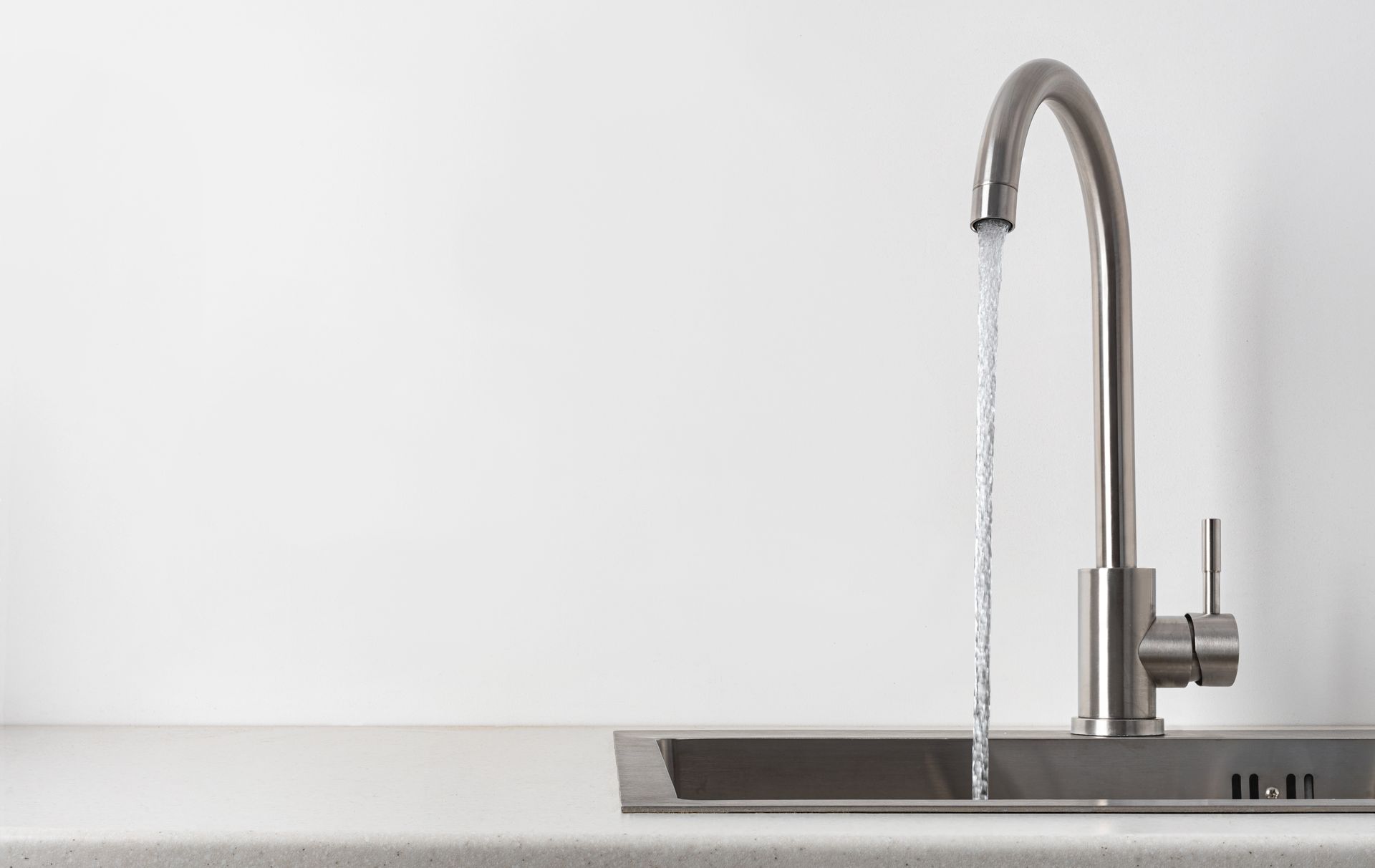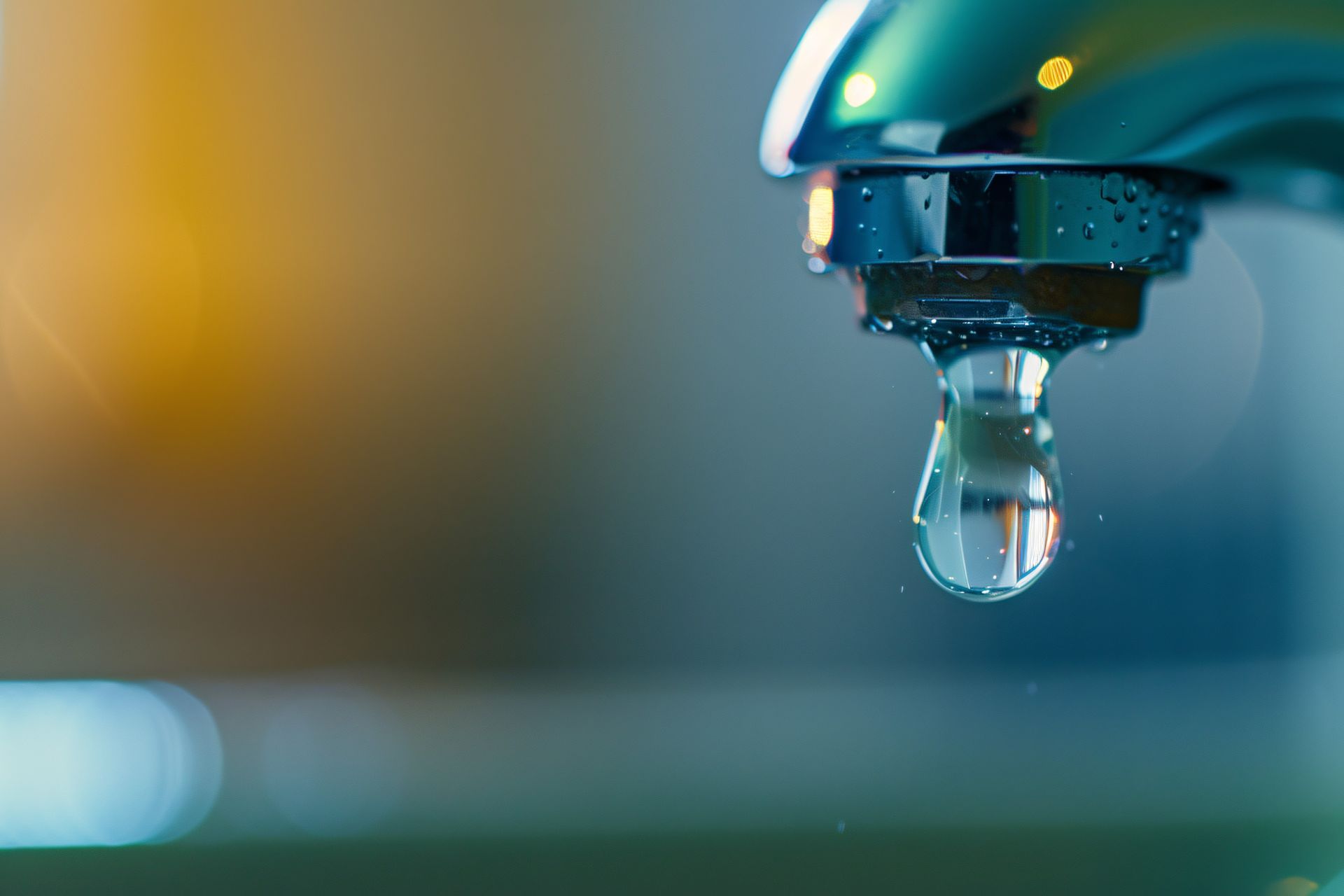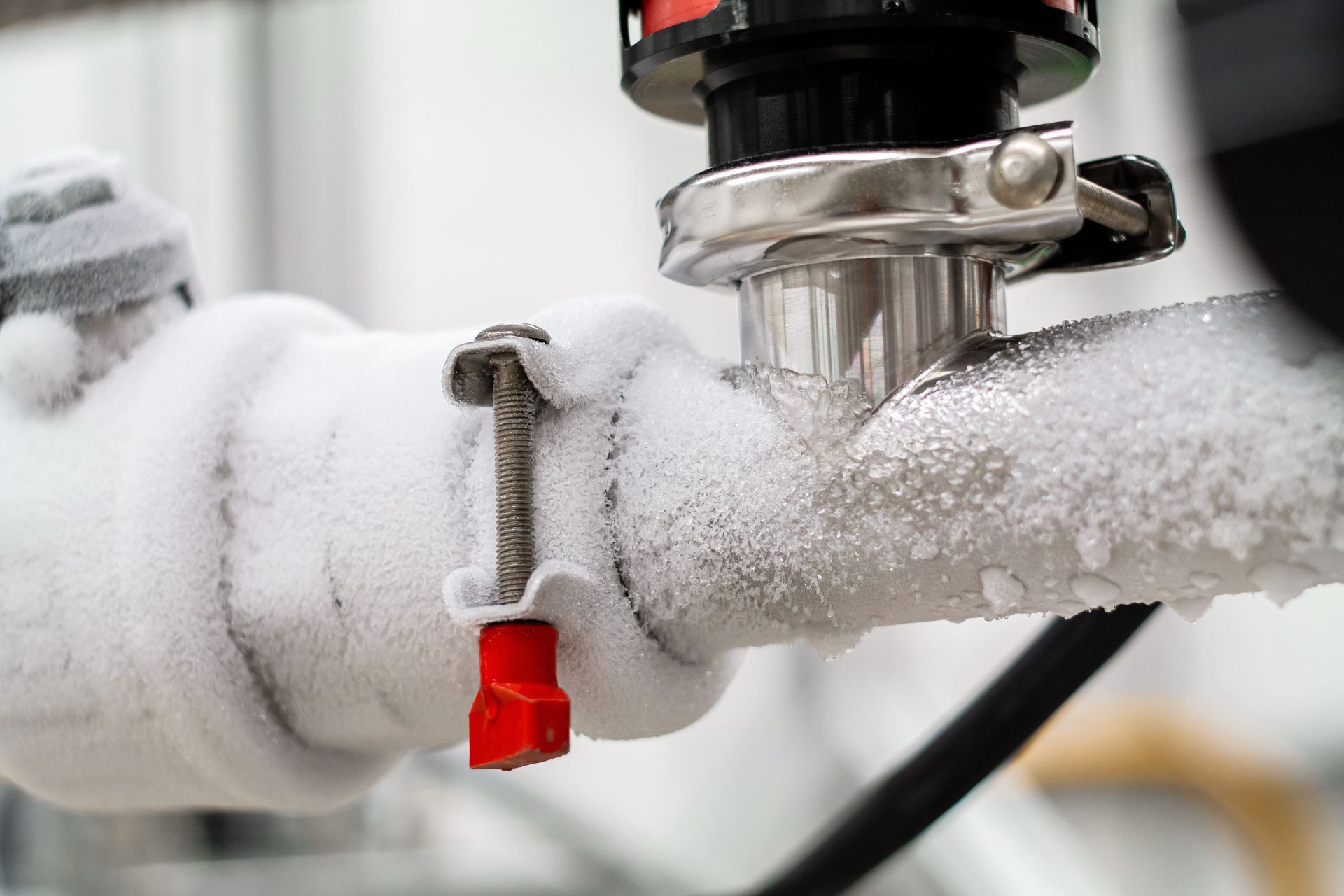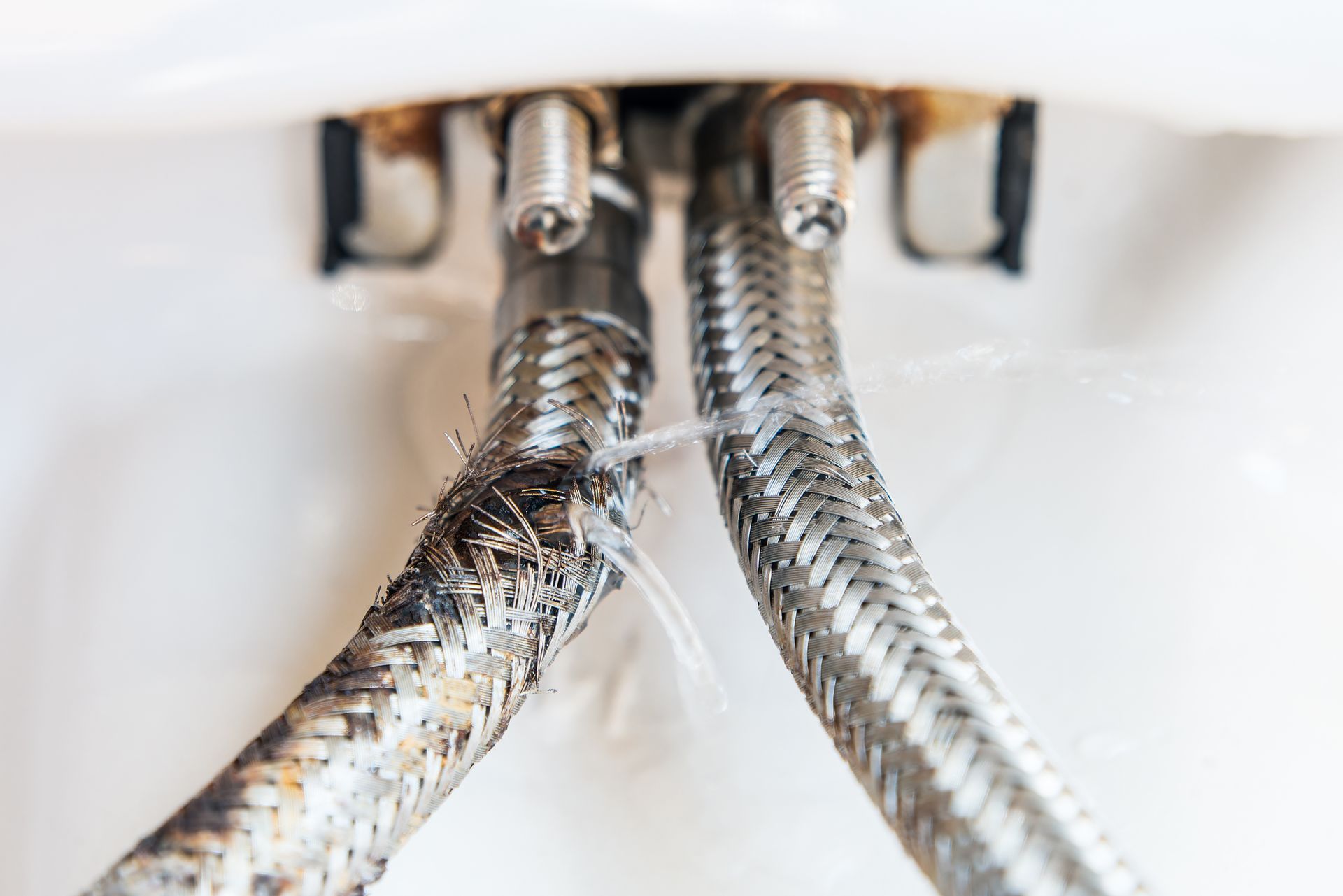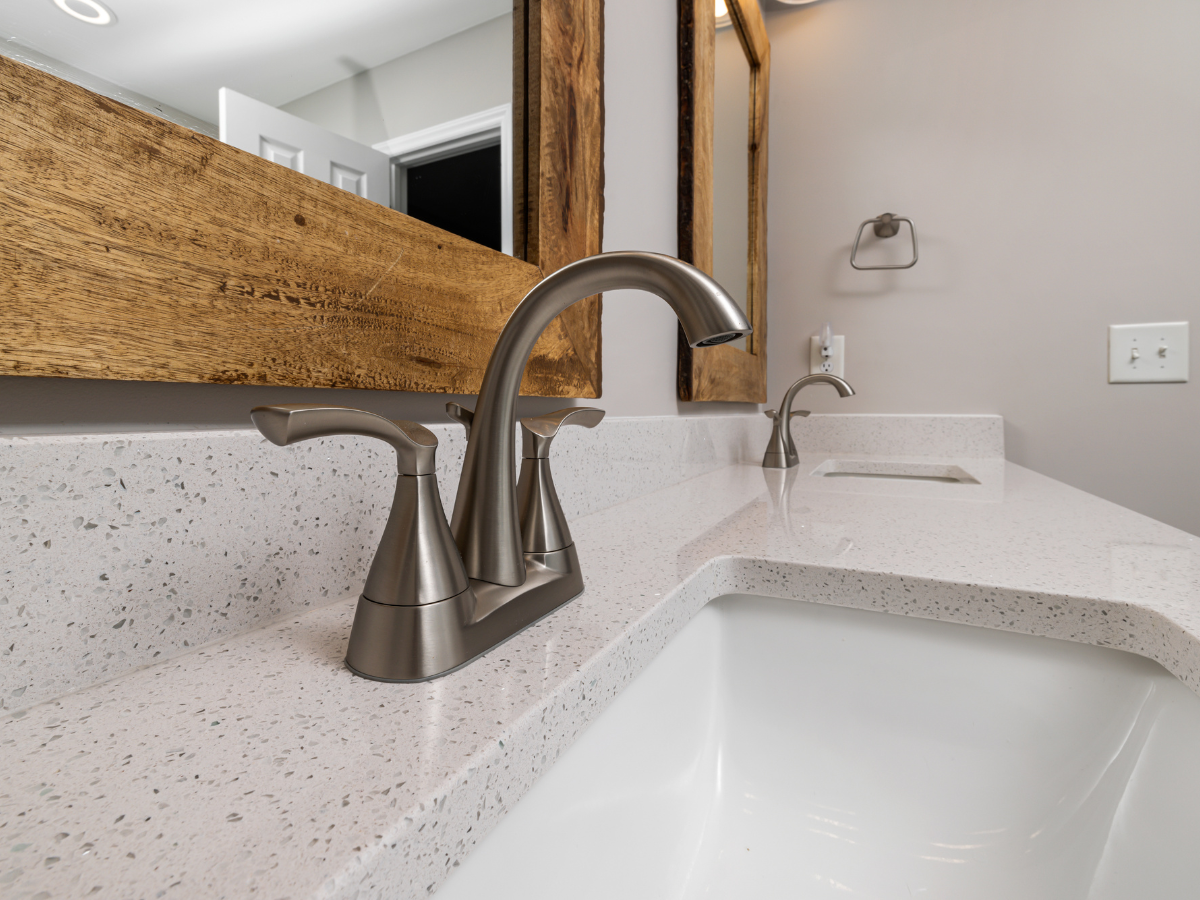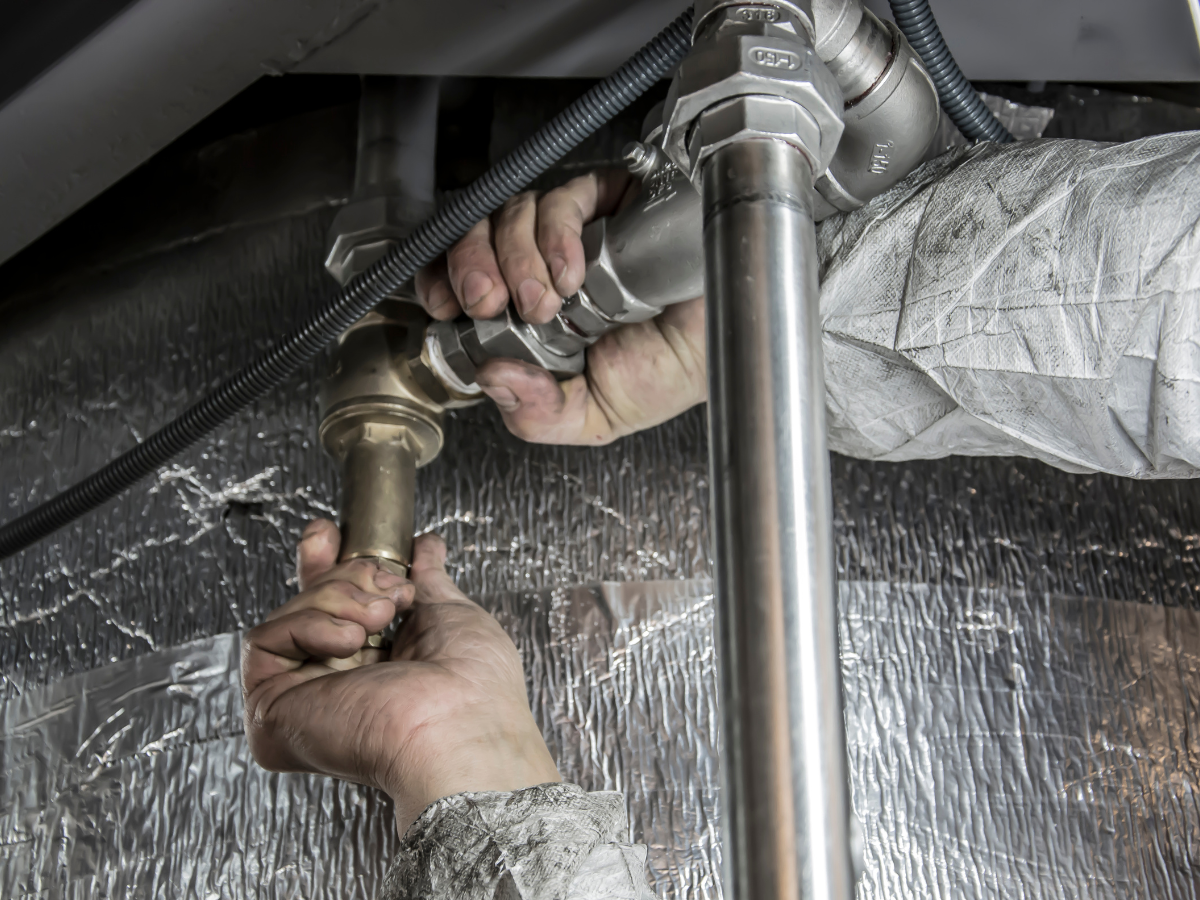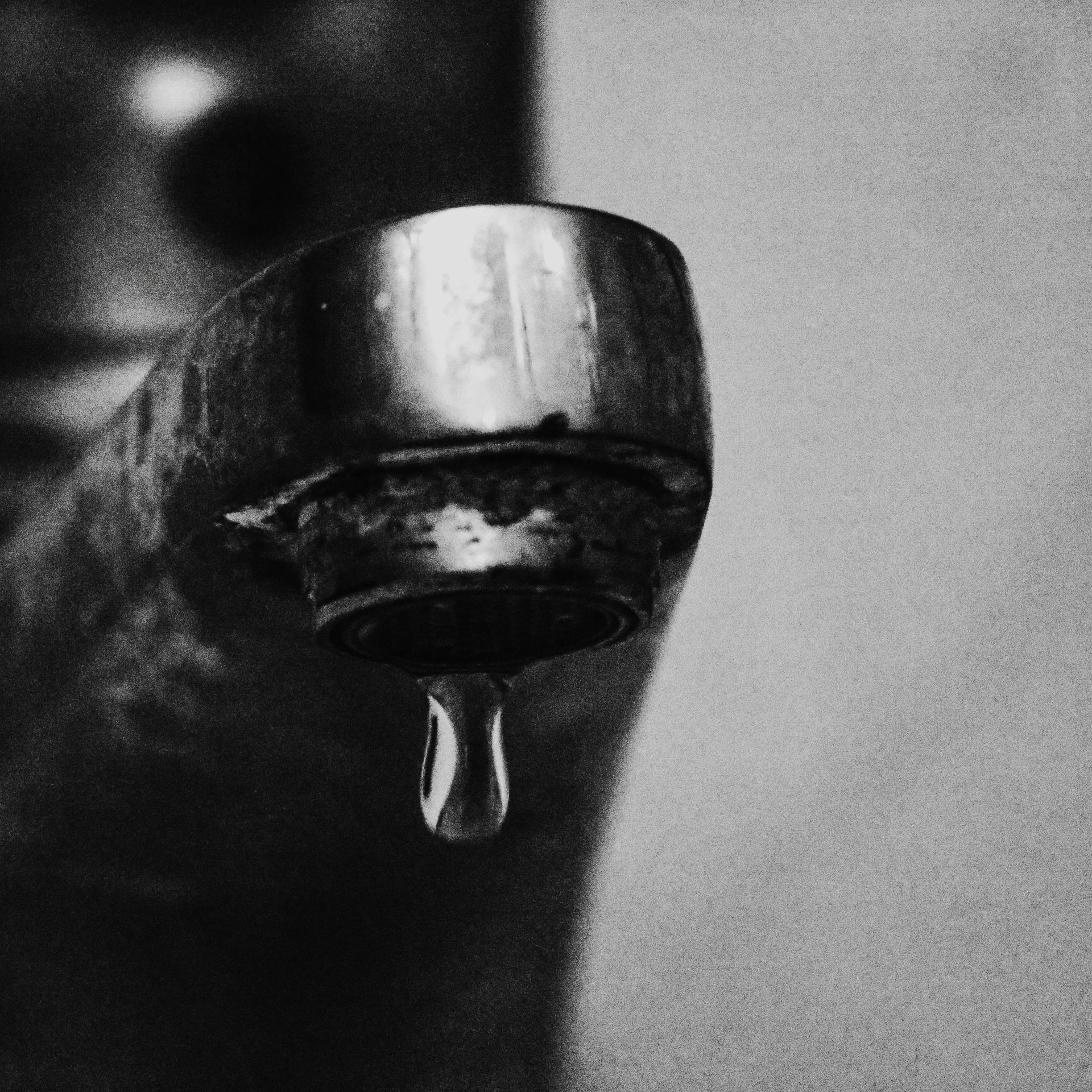How Do I Improve Water Temperature Consistency in Winter?
Why Water Temperature Fluctuates in Winter
When the cold weather hits, many homeowners notice sudden changes in water temperature—especially when running showers or using multiple fixtures at once. The problem often lies in your plumbing system’s water heater performance and overall demand during colder months.
At Pleasant Valley Plumber, we help homeowners across Northeast Pennsylvania keep their water heaters, pipes, and plumbing systems running efficiently all year long.
Common Causes of Temperature Inconsistency
1. Cold Incoming Water Supply
In winter, the water entering your home’s pipes is significantly colder. This makes your water heater work harder to reach the desired temperature, which can lead to fluctuating hot water or lukewarm output.
2. Sediment Buildup in Your Water Heater
Over time, mineral deposits and sediment collect in the tank, especially in homes with hard water. This buildup acts as insulation, making it harder for the heating elements to warm the water properly.
Scheduling regular water heater maintenance or flushing the tank can restore heating efficiency and improve temperature consistency.
3. Water Heater Size or Capacity Issues
If your water heater is undersized, it may not keep up with household demand in winter. For example, running the dishwasher and shower simultaneously can quickly deplete the tank.
Upgrading to a larger tank or a tankless water heater ensures a continuous supply of hot water, no matter how cold it gets outside.
4. Faulty Mixing Valves or Thermostats
If you experience sudden bursts of hot or cold water, your mixing valve or thermostat may be malfunctioning. These components regulate temperature by blending hot and cold water. A simple replacement or calibration can solve this issue quickly.
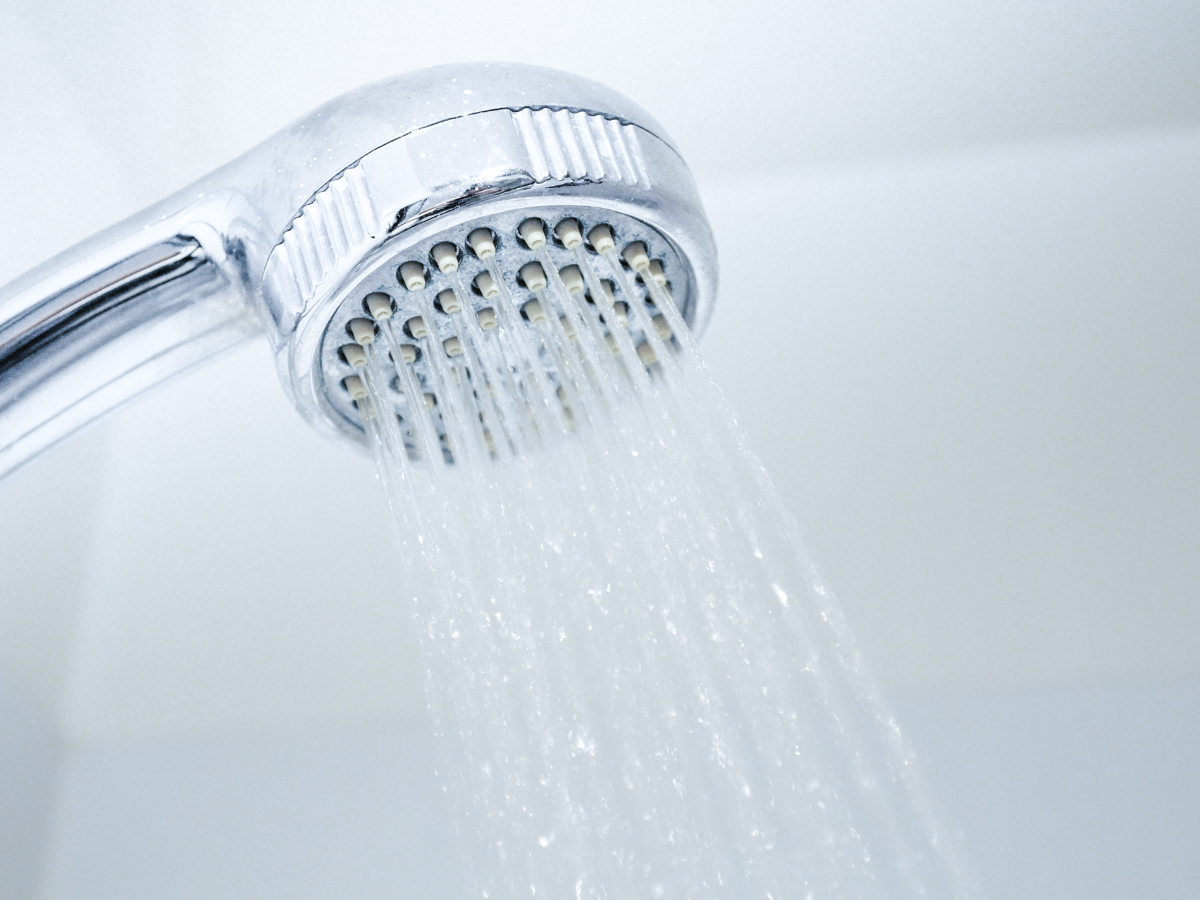
How to Improve Water Temperature Consistency
1. Schedule a Professional Water Heater Inspection
A licensed plumber can test your water heater elements, check thermostat calibration, and evaluate the overall system performance. Inspections often reveal small issues—like faulty thermostats or clogged lines—before they cause major disruptions.
2. Upgrade to a Tankless Water Heater
Tankless water heaters heat water on demand rather than storing it in a tank. This eliminates the risk of running out of hot water and ensures consistent temperature delivery. Plus, they’re more energy efficient and ideal for families with high winter water usage.
3. Insulate Pipes and the Water Heater
Adding pipe insulation helps retain heat as water travels through your plumbing system, preventing it from cooling before reaching the tap. You can also install an insulating blanket around your water heater to reduce standby heat loss.
4. Check for Pressure-Balancing or Thermostatic Valves
Upgrading to pressure-balancing shower valves or thermostatic mixing valves stabilizes water flow and maintains steady temperature—even when other fixtures are in use. This is one of the easiest and most effective ways to eliminate shower temperature surges.
5. Adjust Your Water Heater Settings
In colder months, increasing the water heater temperature setting slightly (typically around 120–130°F) can help offset the cooler incoming water supply. However, never exceed 130°F, as that increases the risk of burns.
Preventative Winter Plumbing Tips
- Flush your water heater annually to remove sediment buildup.
- Inspect plumbing insulation before freezing temperatures arrive.
- Check thermostats and valves for proper function.
- Schedule regular plumbing maintenance to prevent future issues.
Staying proactive ensures your hot water system performs consistently all winter long.
When to Call a Professional
If you’ve tried basic troubleshooting and still experience water temperature inconsistency, it’s time to contact a professional. Persistent problems could indicate:
- A failing water heater thermostat
- Corroded heating elements
- Improper water pressure or flow issues
- Outdated or undersized equipment
At Pleasant Valley Plumber, our experts can inspect your system, repair or replace faulty components, and restore reliable hot water to your home.
Conclusion
Maintaining consistent hot water temperature in winter is essential for comfort, energy efficiency, and home safety. By insulating pipes, upgrading old systems, and scheduling regular maintenance, you can prevent fluctuations and enjoy reliable hot water throughout the season.
For trusted plumbing repair, water heater installation, and winter plumbing maintenance, contact Pleasant Valley Plumber today. Our licensed professionals proudly serve Monroe County and surrounding areas with dependable, year-round plumbing solutions.

